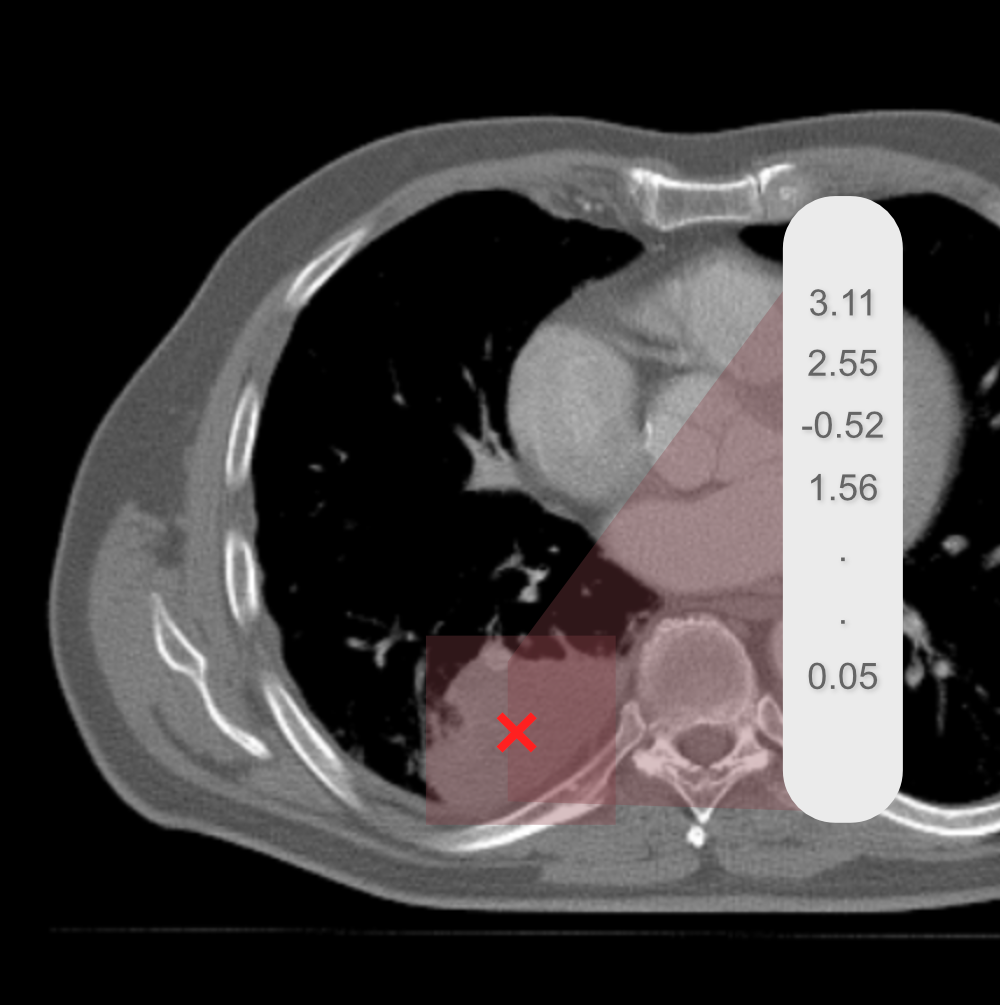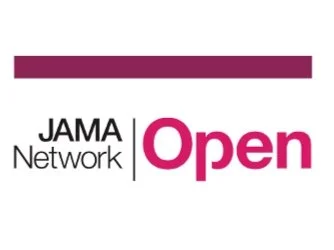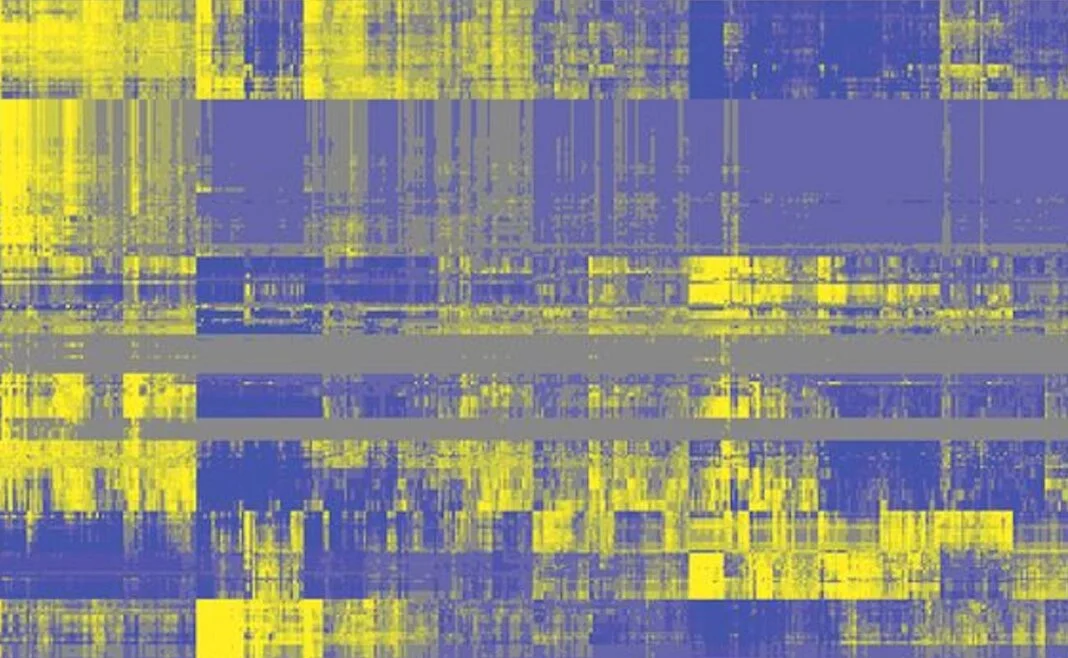Hugo Aerts
Director

Hugo Aerts PhD is a Professor at Harvard University and the Director of the Artificial Intelligence in Medicine (AIM) Program. AIM’s mission is to accelerate the application of AI algorithms in medical sciences and clinical practice. This academic program centralizes AI expertise stimulating cross-pollination among clinical and technical expertise areas, and provides a common platform to address a wide range of clinical challenges.
Dr. Aerts is a leader in medical AI and Principle Investigator on major NIH-supported efforts, including the Quantitative Imaging Network (U01) and Informatics Technology for Cancer Research (U24) initiatives of the NCI. In 2020 he was awarded a prestigious ERC Consolidator grant of the Horizon program from the European Union. His research has resulted in numerous peer-reviewed publications in top-tier journals. In 2022 he was awarded by Web of Science as he was among the top 1% highest cited scientists worldwide.
Dr. Aerts is a Professor at Harvard University and an Adjunct Professor at Maastricht University. Dr. Aerts earned his Master in Engineering from Eindhoven Institute of Technology, his PhD from Maastricht University, and his postdoctoral fellowship from Harvard School of Public Health.
email: haerts@bwh.harvard.edu
Research Highlights
Novel deep learning system for estimation of biological age from face photographs
Guidelines for studies using large language models
Responding to patient messages using LLMs
AIM Researchers build foundation model to discover new cancer imaging biomarkers
AIM study investigates if AI can highlight social determinants of health from clinical notes
AIM investigators developed AI to track muscle mass for children through young adulthood
AIM researchers investigate ChatGPT for its ability to provide cancer treatment recommendations
In Nature Comm, AIM scientists show that AI applied to X-rays can be used as a new biomarker source in cancer.
AIM investigators published a clinical evaluation of AI algorithms to screen for extranodal-extension on CT.
In Nature Medicine, AIM and TRACERx investigators show the importance of AI-based body composition.
A recent publication validated a lung cancer prediction model in 14,737 patients from Mass General Brigham.
We developed an AI model that can accurately predict distant metastases after treatment for lung cancer patients.
In Lancet Digital Health, we published a clinical validation of deep learning algorithms to target lung cancer tumors.
In this paper we demonstrate that deep learning applied to x-rays can be used as a new biomarker source.
In Cancer Cell, we published our perspective on the impact of AI in Clinical Oncology.
In Nature Comm, we show that deep learning can automatically predict cardiovascular events.
We developed several heart segmentation algorithms that work on gated and non-gated CT scans.
AIM investigators describe their view on AI reproducibility and transparency.
An automated deep-learning approach based on chest x-rays can improve lung cancer screening.



































